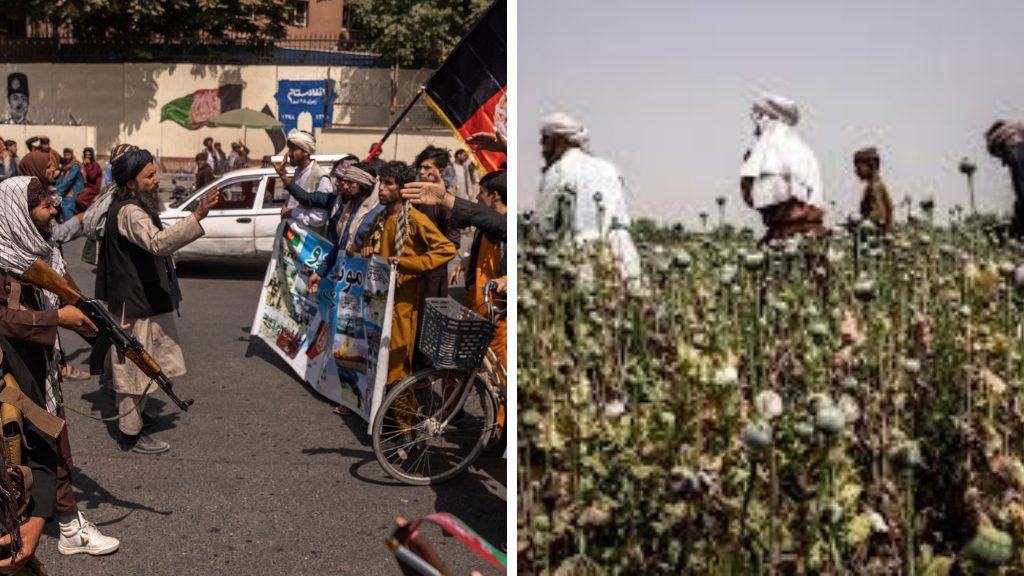Taliban Crackdown on Poppy Ban Protests
Escalating Tensions
In Afghanistan, the hardline Taliban leaders have issued stern warnings of a crackdown on unprecedented violent protests against the nationwide ban on poppy cultivation. The unrest flared up in a northeastern border region, particularly in Badakhshan province, when the Taliban’s anti-narcotics forces initiated the destruction of poppy fields. This action met with fierce resistance from enraged farmers, backed by local residents.
Deadly Confrontations
Reports confirmed that Taliban security forces resorted to the use of firearms to disperse the demonstrators, resulting in the tragic death of two individuals over the course of two days of protests. Videos circulating on social media depicted residents vocally opposing the Taliban’s supreme leader Hibatullah Akhundzada, who had decreed the ban on poppy cultivation across Afghanistan. However, the authenticity of these recordings remains unverified.
Tensions Remain High
Despite claims by Taliban authorities that the situation has normalized, residents attest to lingering tensions, eagerly anticipating intervention from a high-level government delegation to address their grievances. The Taliban’s spokesperson, Zabihullah Mujahid, announced that their army chief, Qari Fasihuddin, a native of Badakhshan, would lead an investigative team to probe the violence and its underlying causes.
Resolve Amidst Opposition
Mujahid reiterated the Taliban’s commitment to eradicating poppy cultivation, emphasizing the decree’s applicability to all regions without exception. Fasihuddin warned of deploying additional military forces to suppress the rebellion should the demonstrations persist, underscoring the Taliban’s determination to enforce the ban.
Challenges to Authority
The uprising in Badakhshan underscores potential challenges the Taliban face in maintaining authority, particularly in ethnically non-Pashtun regions. Despite consolidating control over all Afghan provinces, the Taliban’s governance faces scrutiny from the international community due to human rights concerns, hindering formal recognition.
Economic Ramifications
Afghanistan grapples with dire economic woes exacerbated by the Taliban’s rule. The World Bank’s recent report highlights a staggering $1.3 billion loss in farmers’ incomes following the ban on opium cultivation, leading to significant job losses. The economic outlook remains uncertain, with experts urging investment in health, education, and sustainable agricultural practices to foster long-term development.
The Taliban’s crackdown on protests against the poppy ban underscores the challenges of governance and economic stability in Afghanistan. As tensions persist, the nation grapples with the ramifications of stringent policies amidst international scrutiny.


